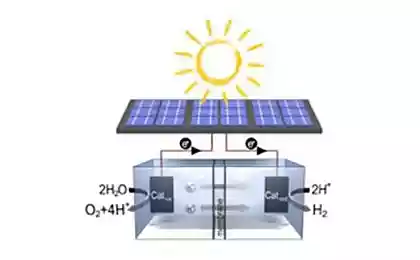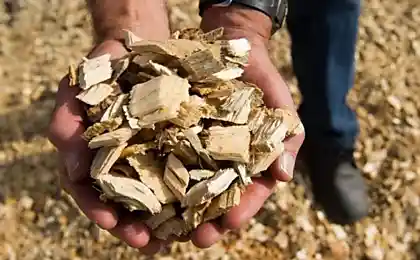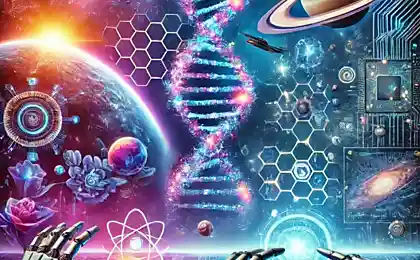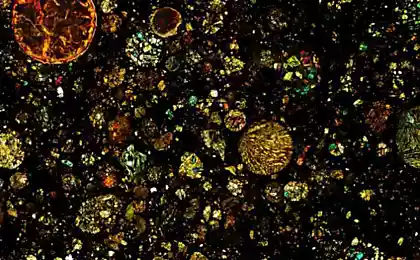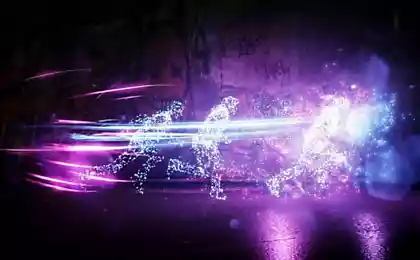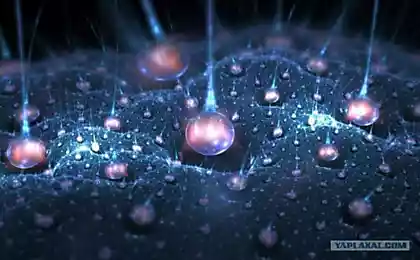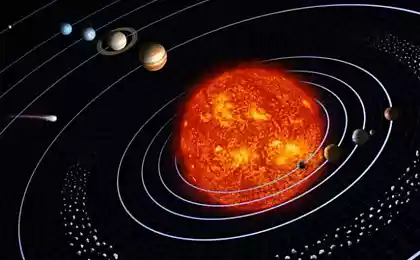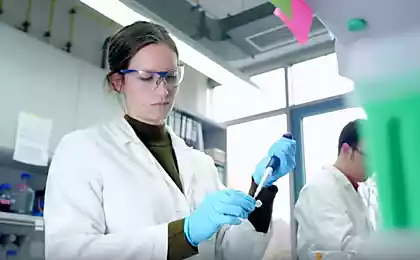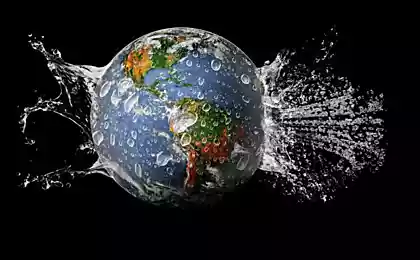458
Scientists were able to photograph the process of photosynthesis
Scientific breakthroughs in biochemistry made by a team of researchers at the University of Arizona. The scientists were able to see and capture the photosynthesis process.
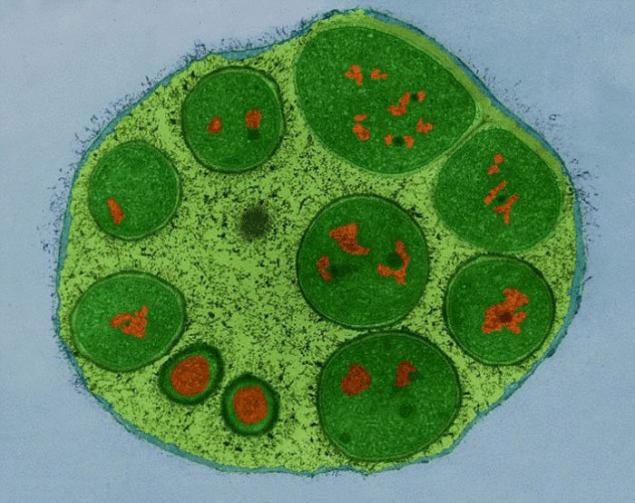
Scientists have declared that such scientific news brings humanity to the creation of a "Holy Grail" of biochemistry: artificial photosynthesis. Researchers were able to observe snapshots of photosynthesis in action, splitting of protons, electrons and oxygen. Identifying the mechanism of this process is essential for the development of artificial systems able to mimic and surpass the efficiency of natural systems.Professor Devens Wind explained that they are trying to find a way to turn water into oxygen, hydrogen ions and electrons, as do plants. "We need to know the details of how the process of photosynthesis using manganese and calcium." "Once we understand the oxidation process, chemists can begin to design artificial photosynthetic catalysts that will allow them to produce useful fuels using sunlight".
For observation of photosystem in action, the researchers grew tiny nano-crystals of cyanobacteria, called Thermosynechococcus elongatus. They were illuminated by a visible laser to start the process of water splitting, which occurs in sunlight.
The researchers used double light flashes to trigger the transition and the short intense x-ray laser flash, to monitor how the molecular structure changed in the process. This allowed the experimenters to make a stop-frame process of splitting water for 30 quadrillionths of a second. But it was enough — and now they hope in future studies to see the rest of the process of photosynthesis.
Source: nauka24news.ru/

Scientists have declared that such scientific news brings humanity to the creation of a "Holy Grail" of biochemistry: artificial photosynthesis. Researchers were able to observe snapshots of photosynthesis in action, splitting of protons, electrons and oxygen. Identifying the mechanism of this process is essential for the development of artificial systems able to mimic and surpass the efficiency of natural systems.Professor Devens Wind explained that they are trying to find a way to turn water into oxygen, hydrogen ions and electrons, as do plants. "We need to know the details of how the process of photosynthesis using manganese and calcium." "Once we understand the oxidation process, chemists can begin to design artificial photosynthetic catalysts that will allow them to produce useful fuels using sunlight".
For observation of photosystem in action, the researchers grew tiny nano-crystals of cyanobacteria, called Thermosynechococcus elongatus. They were illuminated by a visible laser to start the process of water splitting, which occurs in sunlight.
The researchers used double light flashes to trigger the transition and the short intense x-ray laser flash, to monitor how the molecular structure changed in the process. This allowed the experimenters to make a stop-frame process of splitting water for 30 quadrillionths of a second. But it was enough — and now they hope in future studies to see the rest of the process of photosynthesis.
Source: nauka24news.ru/




